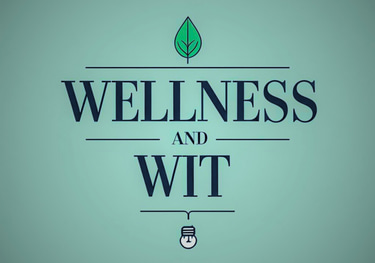When “It’s Okay” Isn’t Okay: Rethinking How We Help Our Anxious Kids
8/12/20252 min read


It Starts with Love… and a Trap We Don’t See Coming
We see that look in their eyes—the trembling lip, the worried frown—and our instinct kicks in. We rush to wrap them in words like, “It’s okay, don’t worry, you’re fine.” And for a moment, their shoulders drop, and we feel like we’ve done our job. But here’s the sneaky part: while we’ve soothed the moment, we might be feeding the cycle.
Comfort vs. Coping
Christian counselors often point out that while comfort has its place, God’s design for growth involves perseverance and resilience (James 1:2-4). Every time we step in too quickly, we unintentionally send the message: “You can’t handle this without me.” It’s like we’re building a safety net so close to the ground that our kids never learn how to balance on the tightrope themselves.
Why This Matters
From a mental health perspective, over-comforting can reinforce avoidance behaviors. If every hard moment is quickly softened, kids never get the chance to experience anxiety and see that it passes. Instead, anxiety gets reinforced—like a muscle that grows stronger every time it’s flexed.
What to Do Instead
Validate, Then Step Back – Say, “I see you’re feeling nervous, and that’s okay,” then give them space to work through it.
Coach, Don’t Rescue – Offer tools, not solutions. Breathing exercises, grounding techniques, or a quick prayer together can help.
Model Calm – Your steady presence speaks louder than your words. If you’re peaceful, it tells them, “I can be, too.”
Faith + Action
Encourage your child with verses like Philippians 4:6-7, but also pair it with small, confidence-building actions. Let them try the thing that scares them—whether that’s raising a hand in class or talking to a new friend—and then celebrate the effort, not just the outcome.
Closing Thought
As parents, our hearts want to shield our kids from every hard feeling. But sometimes the most loving thing we can do is let them wobble, knowing God is holding them steady. We’re not raising children to avoid discomfort—we’re raising adults who can walk through it with courage.
